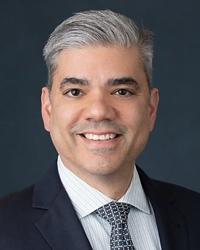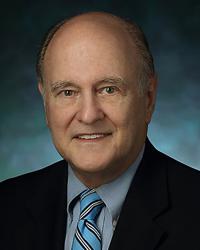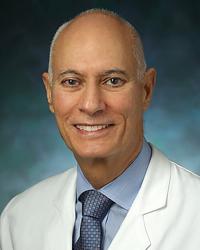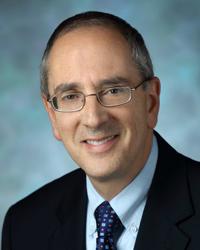Research Lab Results
-
Ami Shah Lab
Researchers in the Ami Shah Lab study scleroderma and Raynaud’s phenomenon. We examine the relationship between cancer and scleroderma, with a focus on how and if cancer causes scleroderma to develop in some patients. We are currently conducting clinical research to study ways to detect cardiopulmonary complications in patients with scleroderma, biological and imaging markers of Raynaud’s phenomenon, and drugs that improve aspects of scleroderma. -
Livia Casciola-Rosen Lab
Work in the Livia Casciola-Rosen Lab explores the shared mechanisms present in autoimmune rheumatic diseases, specifically scleroderma, Sjogren's syndrome and myositis. We use disease-specific autoantibodies to identify the factors that cause the autoimmune response in such diseases. Our current research involves identifying the antigen targets of autoimmune diseases, investigating the autoantigens targeted in cancers associated with rheumatic diseases and finding unique clinical biomarkers, such as the anti-HMGCR antibody specificity.
-
Laura Hummers Lab
The Laura Hummers Lab participates in a number of clinical trials and clinical investigations at the Scleroderma Center at Johns Hopkins. We have a particular interest in the predictors of outcomes in scleroderma. We’ve established a prospective cohort of 300 scleroderma patients to identify incident vascular outcomes in the hopes of identifying new biomarkers for disease development and progression. -
Fredrick Wigley Lab
The Frederick Wigley Lab is interested in the signs, symptoms and causes of scleroderma. We are testing new treatments for RaynaudÕs phenomenon and scleroderma. Understanding the treatment approach to Raynaud's phenomenon and associated ischemia and how to prevent digital ulcers is important for clinicians caring for these patients. Work in our lab has provided guidance in the management of Raynaud's phenomenon and digital ischemic ulcers, including options for the practical pharmacologic and nonpharmacologic interventions.
-
Tsion Abdi Lab
The Tsion Abdi Lab performs clinical research on Scleroderma Bowel Disease and Inflammatory Bowel Disease.
-
Stephen Mathai Lab
The Stephen Mathai Lab focuses its research on pulmonary medicine. We're particularly interested in scleroderma-associated pulmonary hypertension, pulmonary complications of connective tissue disease, idiopathic pulmonary fibrosis and pulmonary hypertension.
-
Robert Wise Lab
The Robert Wise Lab conducts clinical trials to study chronic obstructive lung diseases (COPD). We investigate inhaled corticosteroids in patients with mild to moderate COPD and the effectiveness of anti-inflammatories in allowing lung growth in mild to moderate asthmatic children. Our research includes exploring the efficacy of various treatments for asthmatic women who are pregnant and of lung-volume reduction surgery for emphysema patients. We also conduct studies of the clinical epidemiology, pathobiology and treatment of interstitial lung disease in patients with scleroderma.
-
Paul M. Hassoun Lab
The Paul M. Hassoun Lab leads research on the source and treatment of pulmonary arterial hypertension in scleroderma.
-
Allan Gelber Lab
The Allan Gelber Lab conducts research on the clinical epidemiology of rheumatic disorders. Our recent studies have explored topics that include the predicting factors of prevalent and incident gout; cardiovascular disease burden and risk in patients with rheumatoid arthritis; autoantibodies in both primary and secondary SjogrenÕs syndrome; and predictors of outcomes in patients with scleroderma. In addition, we have a long-standing interest in the ways in which racial differences affect disease manifestations in relation to rheumatic disorders.
-
Antony Rosen Lab
Research in the Antony Rosen Lab investigates the mechanisms shared by the autoimmune rheumatic diseases such as lupus, myositis, rheumatoid arthritis, scleroderma and SjogrenÕs syndrome. We focus on the fate of autoantigens in target cells during various circumstances, such as viral infection, relevant immune effector pathways and exposure to ultraviolet radiation. Our recent research has sought to define the traits of autoantibodies that enable them to induce cellular or molecular dysfunction. We also work to better understand the mechanisms that form the striking connections between autoimmunity and cancer.


